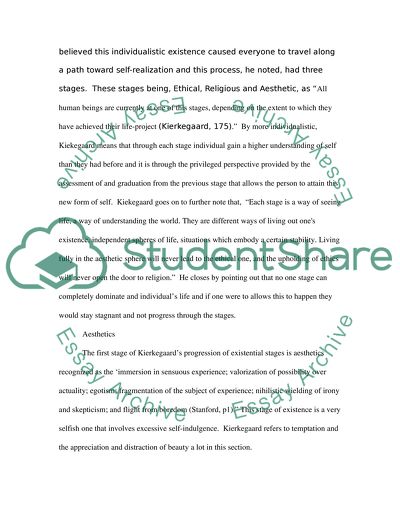Cite this document
(“Søren Kierkegaard Essay Example | Topics and Well Written Essays - 1500 words”, n.d.)
Retrieved from https://studentshare.org/miscellaneous/1516841-s248ren-kierkegaard
Retrieved from https://studentshare.org/miscellaneous/1516841-s248ren-kierkegaard
(SøRen Kierkegaard Essay Example | Topics and Well Written Essays - 1500 Words)
https://studentshare.org/miscellaneous/1516841-s248ren-kierkegaard.
https://studentshare.org/miscellaneous/1516841-s248ren-kierkegaard.
“SøRen Kierkegaard Essay Example | Topics and Well Written Essays - 1500 Words”, n.d. https://studentshare.org/miscellaneous/1516841-s248ren-kierkegaard.


